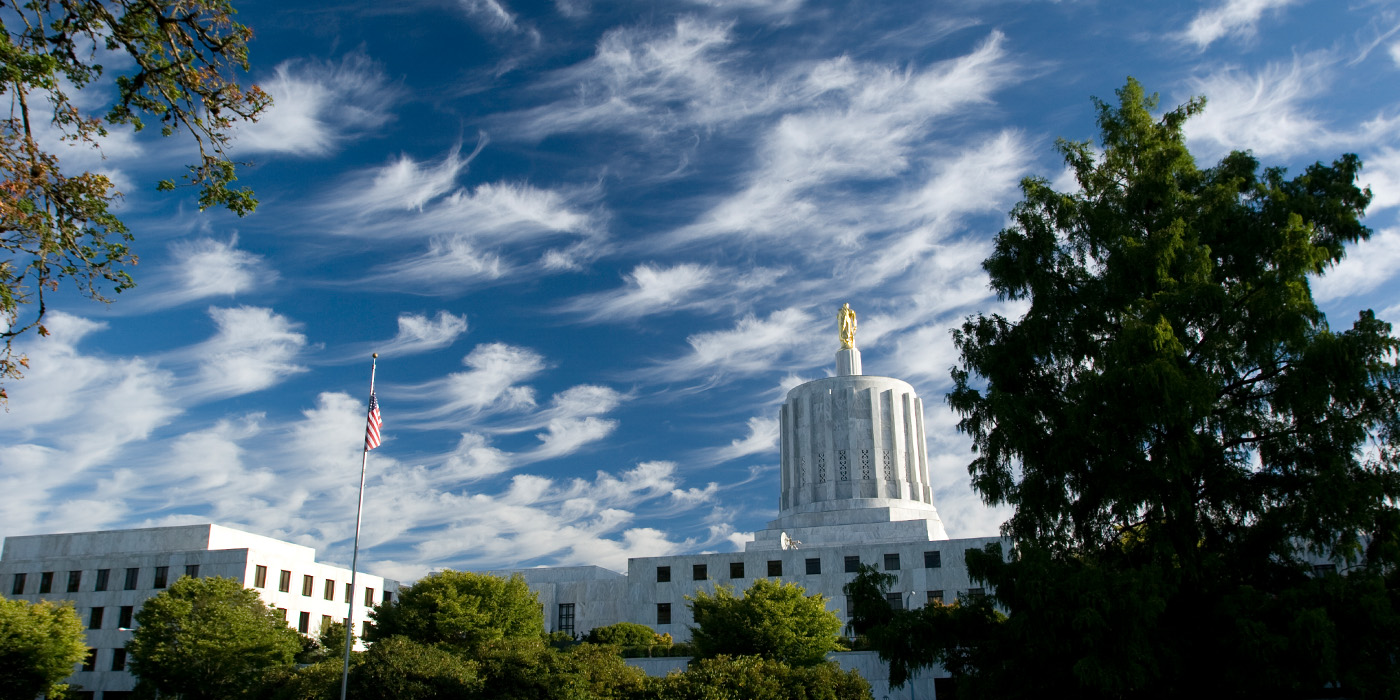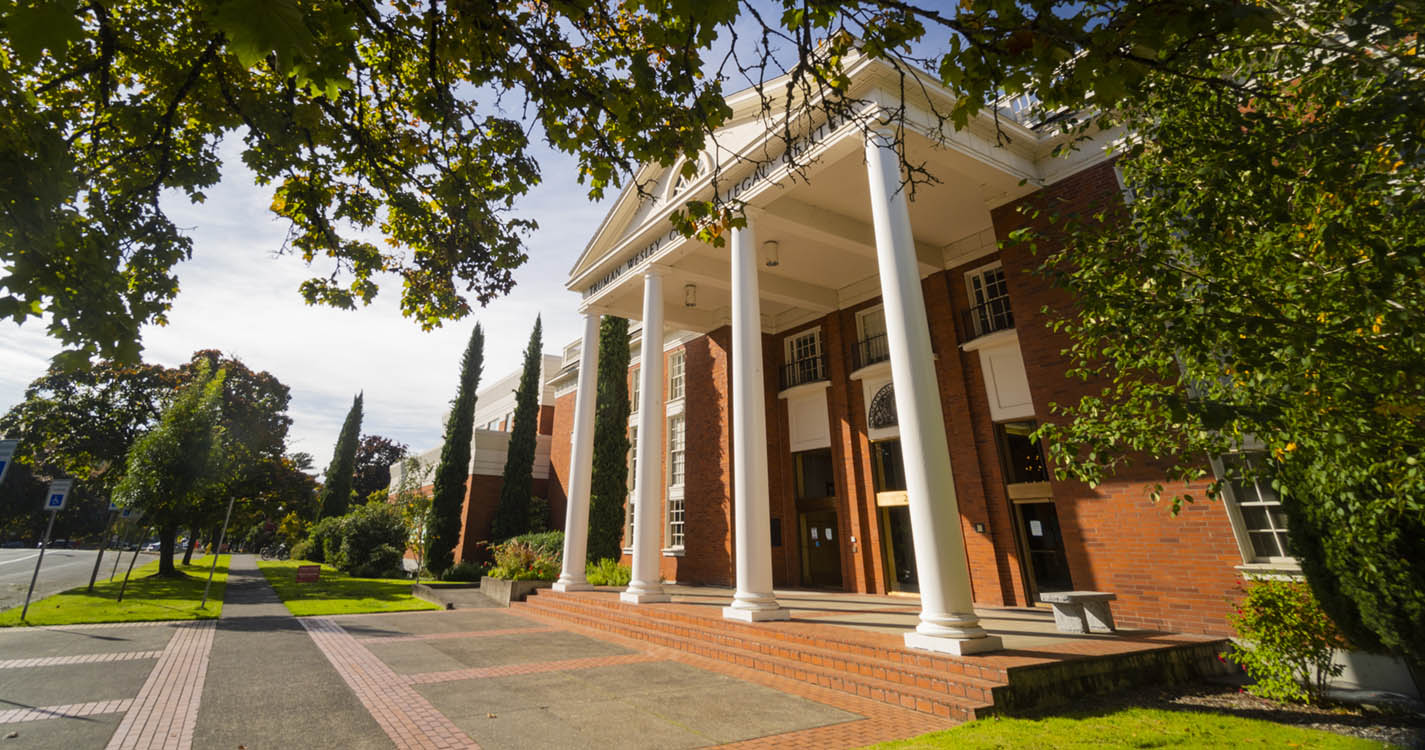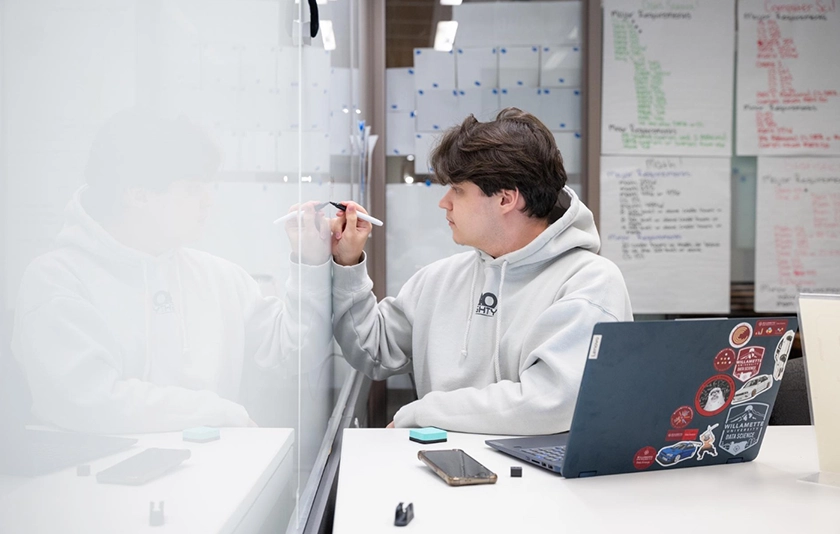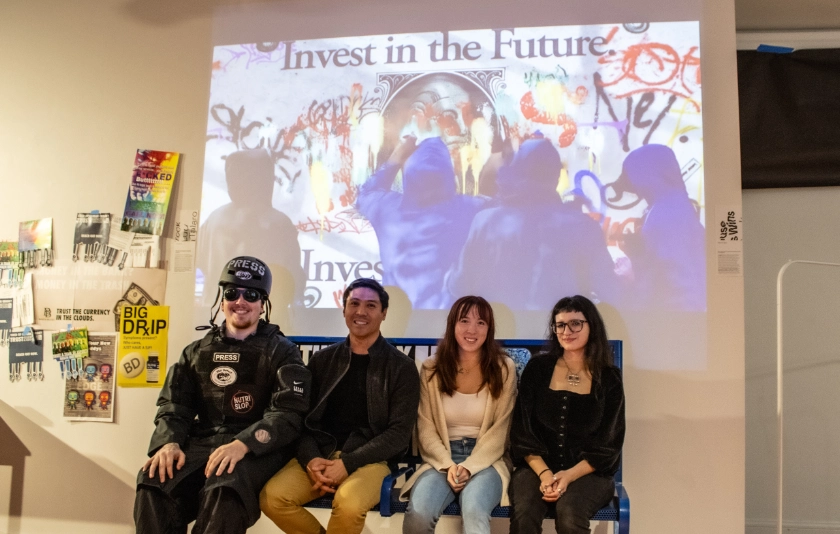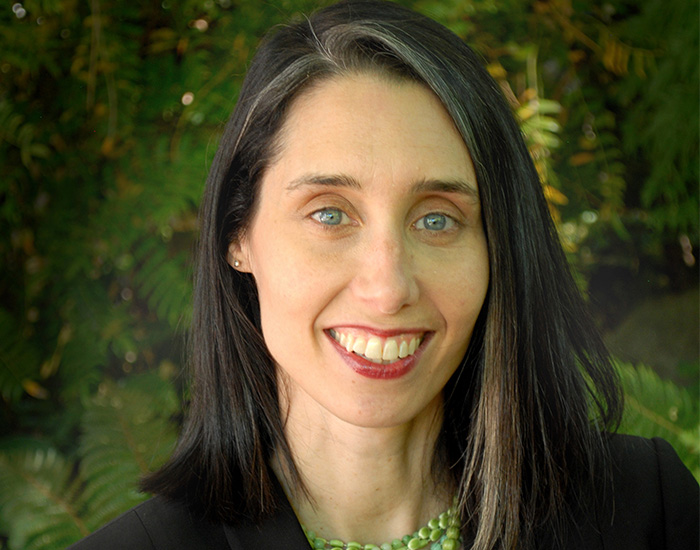 In an election year, one might assume that the topic comes up in Professor Robin Maril’s classes at Willamette Law. In her Constitutional Law courses, it would be a relevant point of discussion, after all. While she does talk with students about their anxieties or questions, it’s not something she’ll purposely steer toward in class, election year or not.
In an election year, one might assume that the topic comes up in Professor Robin Maril’s classes at Willamette Law. In her Constitutional Law courses, it would be a relevant point of discussion, after all. While she does talk with students about their anxieties or questions, it’s not something she’ll purposely steer toward in class, election year or not.
“I teach my classes the same way regardless of whether it’s an election year,” Maril explains. “What I teach is a way to make change always. I see it very much as regardless of who is in office, these are the rules we hold everyone accountable to.
Despite there being a lot at stake in the 2024 election, Maril says she and her students, along with the rest of the country, will continue to move forward irrespective of which party wins.
A pathway to change
Maril is an advocate and activist. She is also queer. Since coming out in college, she has experienced both limitations and openness. She went to law school to become someone who could change things systematically, from the inside out.
She was a presidential management fellow at the U.S. Department of Housing and Urban Development for two years after law school. While there, she worked in the Office of General Counsel’s Legislation and Regulation Office and with the special advisor to the secretary, spending time learning how rules and policies were developed. Then, starting in 2011, Maril worked for almost a decade at the Human Rights Campaign, the largest civil rights organization working to achieve LGBTQ+ equality.
Under the Obama administration, Maril says it was the first time the LGBTQ+ movement was working proactively on policies with the White House. With the Trump administration that followed, the work continued, with a different set of skills required. Maril kept at it, working on issues and becoming an LGBT policy and federal policy expert, but she needed a change.
During the COVID pandemic, she began looking for an academic position. She started teaching as an adjunct instructor in Constitutional Law for Willamette, which ultimately led to a full time position. When she started at Willamette, she came with 12 years of experience outside academia, which she says is a rarity.
“I feel really privileged to be able to approach my academic writing career after having had an activist career,” she explains. “I think it makes me better and a better teacher, too. My goal is always to be helpful, or at least not harmful, to the advocate space.”
As a professor, she enjoys interacting with students and the ability to get them excited about the work they can do as a legal professional.
“I have had people in my life who were my ‘Why not you?’ people,” she says. “I had a student in my office this fall, one of my best students, and something about the Supreme Court came up. He said, ‘I can’t be on the Supreme Court because of who I am.’ I said, ‘It’s other people’s job to tell you what you can’t do.’ I love being able to be there for students in that way.”
A voice for democracy
Along with teaching courses, one of the unique parts of professorships is the instructors’ work on research and scholarship. In May 2024, Maril was presented with the Robert L. Misner Award for Faculty Scholarship, presented annually to a Willamette Law professor whose scholarship has contributed significantly to the national or international legal canon.
Since coming to Willamette, Maril has primarily worked on scholarly articles about fascism, authoritarianism and democracy. She has also served as a media expert for several articles in the LGBTQ+ rights space, as well as democracy in general.
This summer, she debuted a podcast, “The Future is Queer: A Guide to Saving Democracy with Robin Maril,” an intersecting space to talk about queer issues and what’s at stake with the upcoming election.
“It puts the issues through a democratic defense lens,” Maril says.
She has had success recruiting guests who are a mix of lawyers, artists, academics and writers and is thrilled with the podcast’s first season. In June of 2025, she will publish her first book, “Democratic Defense and Queer Rights,” with Cambridge University Press, which links democracy and fascism with queer issues.
Looking ahead, she plans to stay in the conversation around democracy and queer and trans rights.
“Coming from a small town in Oklahoma, I have definitely experienced what it feels like when all of the sudden, what you can do is less. It’s one of the reasons I loved doing federal work at the Human Rights Campaign, it’s a way to push the country forward and have a more fair and equal experience across the board,” she says. “I’m really driven by the belief that in America, we can do better than this.
“I really do believe in our democracy and our values, and because of that, I think that we can afford to push ourselves to be better. Everybody deserves to have expanded opportunities. By holding our leaders accountable, we can make those differences.”
